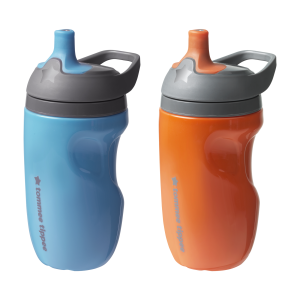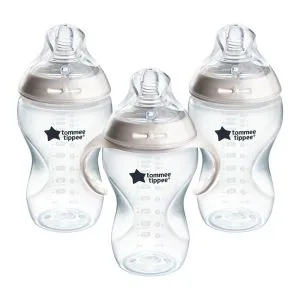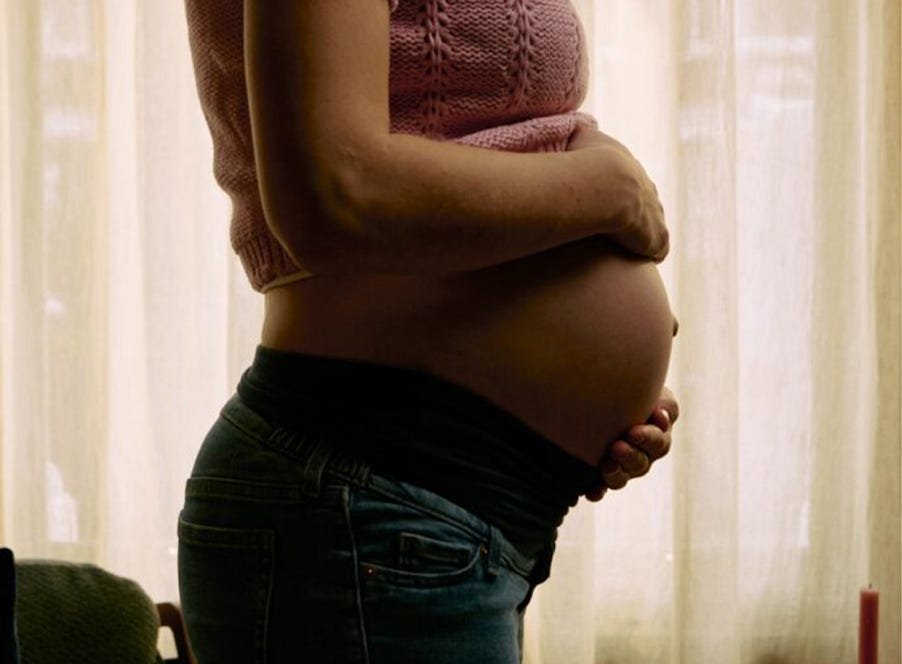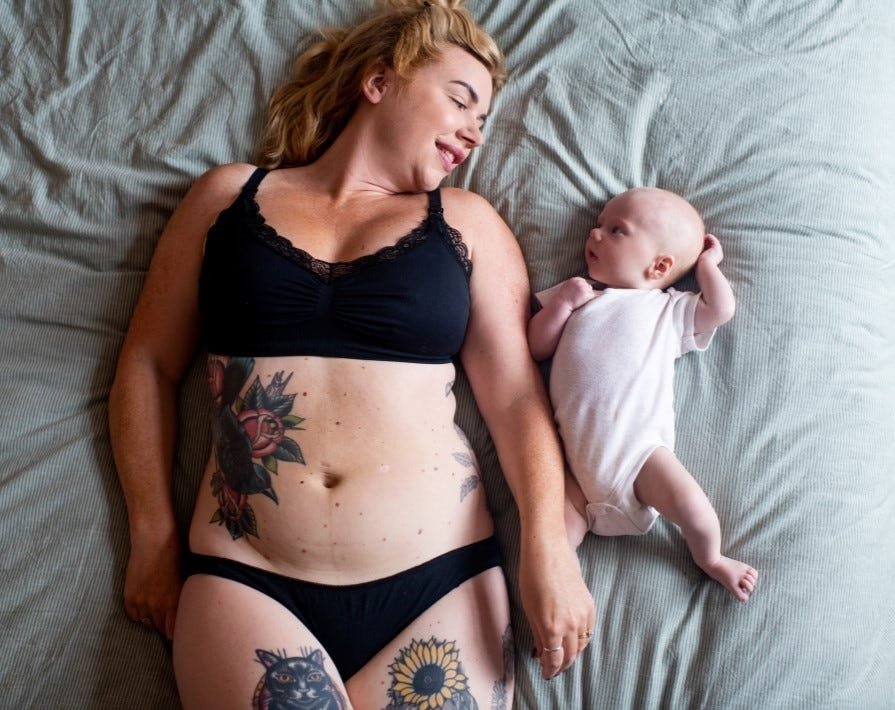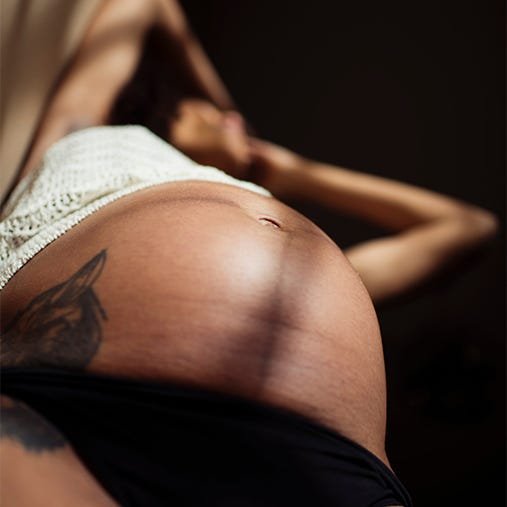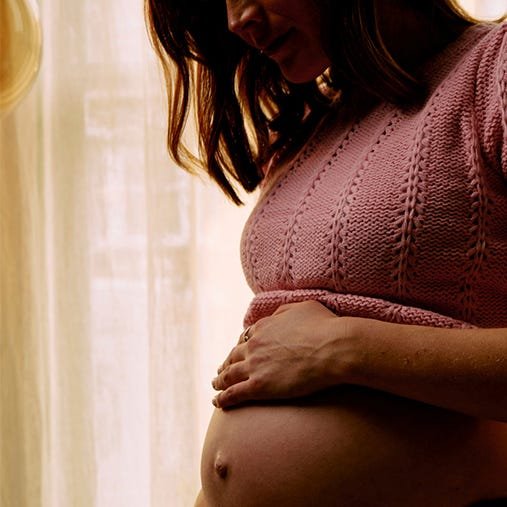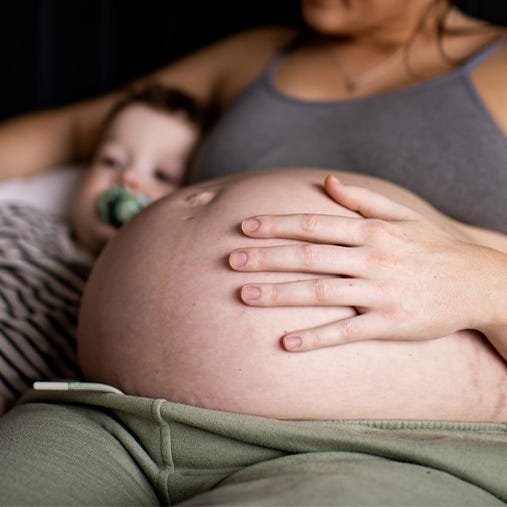Eggs and dairy products
Can you eat eggs when pregnant?
Yes, but you should cook them until the yolks and whites are firm.
Can you eat mayonnaise when pregnant?
Yes, you can eat commercial mayonnaise that's made using pasteurized eggs.
Can you eat cheese while pregnant?
Yes, most cheese is safe to eat uncooked if it's been made with pasteurized milk.
Mold-ripened soft or blue-veined cheeses like gorgonzola, camembert, or brie are only safe to eat if they've been cooked.
Avoid soft cheeses, such as brie, feta, and blue cheese, unless they are clearly labeled as being pasteurized or made with pasteurized milk.
Can you eat mozzarella when pregnant?
Yes, pasteurized mozzarella is safe to eat uncooked, but unpasteurized mozzarella needs to be cooked first, for example on a pizza.
Meat products
Can you eat pate while pregnant?
Refrigerated pate or meat spreads should be avoided, but canned pate or shelf-safe meat spreads can be eaten during pregnancy.
Can you eat cured meats while pregnant?
Smoked or cured meats are safe to eat as long as they're cooked first in a casserole or other cooked dish.
Hot and cold drinks
Can you drink caffeine while pregnant?
Consuming large amounts of caffeine while you're pregnant can affect the growth and development of your unborn baby and can increase the risks of miscarriage.
It's best to limit your caffeine intake and have no more than 200mg per day - that's approximately two cups of instant coffee or four cups of tea. Don't worry - you can always switch to decaf!
You should avoid caffeinated energy drinks.
Can you drink alcohol while pregnant?
If you're pregnant or planning a pregnancy, the safest approach is not to drink alcohol at all, to keep risks to your baby to a minimum.
A tasty and healthy alternative to drinking alcohol while you're pregnant is non-alcoholic ginger beer. As well as being super scrumptious, ginger is also perfect for fighting morning sickness and nausea - win, win.
Can you drink milk while pregnant?
You should make sure that any milk you drink is pasteurized because unpasteurized milk can contain listeria.
Can you drink herbal teas while pregnant?
You should avoid drinking herbal tea because there's little data on the effects of specific herbs on developing babies. If you'd like to drink herbal tea while pregnant, it's best to check with your healthcare provider first.
Can you drink sugary drinks while pregnant?
Although artificial sweeteners in moderation are safe for pregnancy, you should try to avoid consuming too many sugary drinks during pregnancy.
